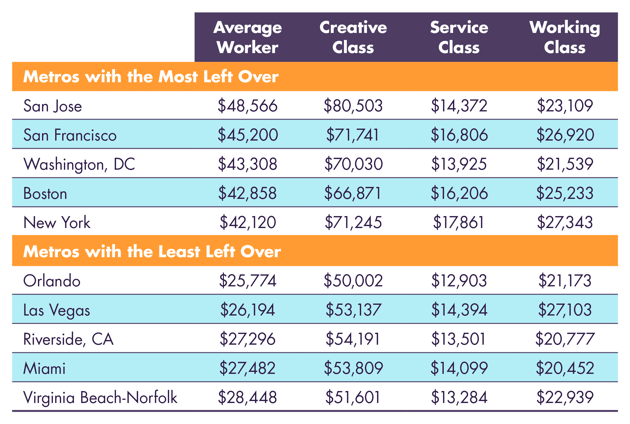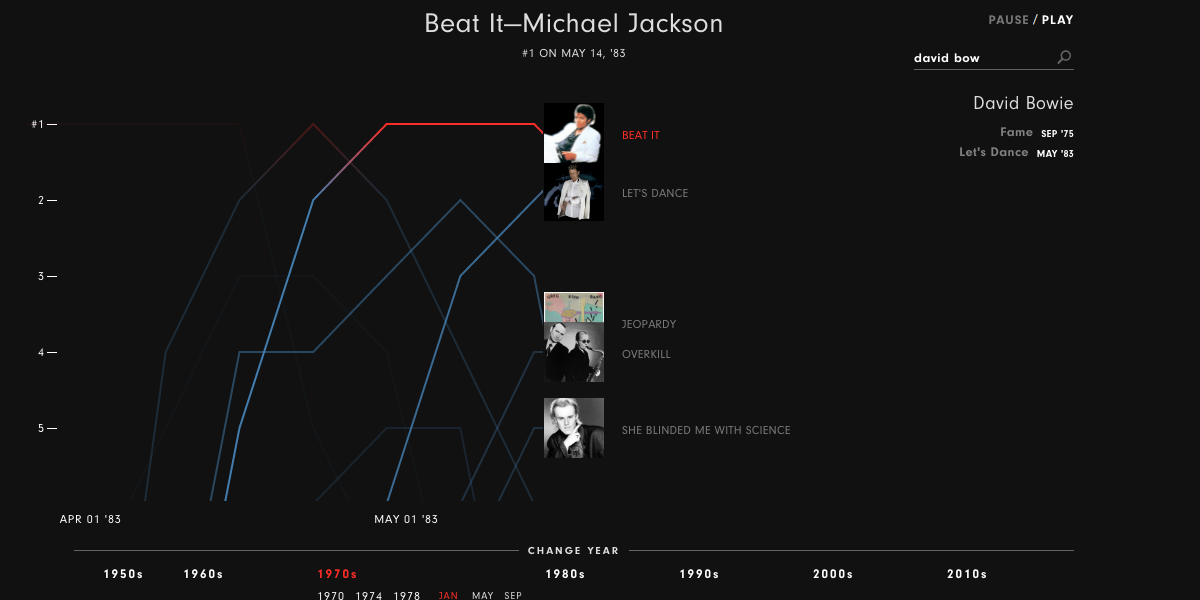Source: If Humble People Make the Best Leaders, Why Do We Fall for Charismatic Narcissists?
The research is clear: when we choose humble, unassuming people as our leaders, the world around us becomes a better place.
it’s not that humble leaders can’t ever be charismatic. Researchers agree that we could classify charismatic leaders as “negative” or “positive” by their orientation toward pursuing their self-interested goals versus those of their groups. These two sides of charismatic leadership have also been called personalized and socialized charisma. Although the socialized charismatic leader has the aura of a hero, it is counteracted with low authoritarianism and a genuine interest in the collective welfare. In contrast, the personalized charismatic leader’s perceived heroism is coupled with high authoritarianism and high narcissism. It is when followers are confused and disoriented that they are more likely to form personalized relationships with a charismatic leader. Socialized relationships, on the other hand, are established by followers with a clear set of values who view the charismatic leader as a means to achieve collective action.
It’s not that charismatic and narcissistic people can’t ever make good leaders. … The problem is that we select negative charismatic leaders much more frequently than in the limited situations where the risk they represent might pay off.
While this may sound hopeless, there is another way of looking at it. Essentially, we have the leaders we deserve. As we collectively select and construct our leaders to satisfy our own needs and desires, we can choose humility or socialized charisma over narcissism.
Source: If Humble People Make the Best Leaders, Why Do We Fall for Charismatic Narcissists?


